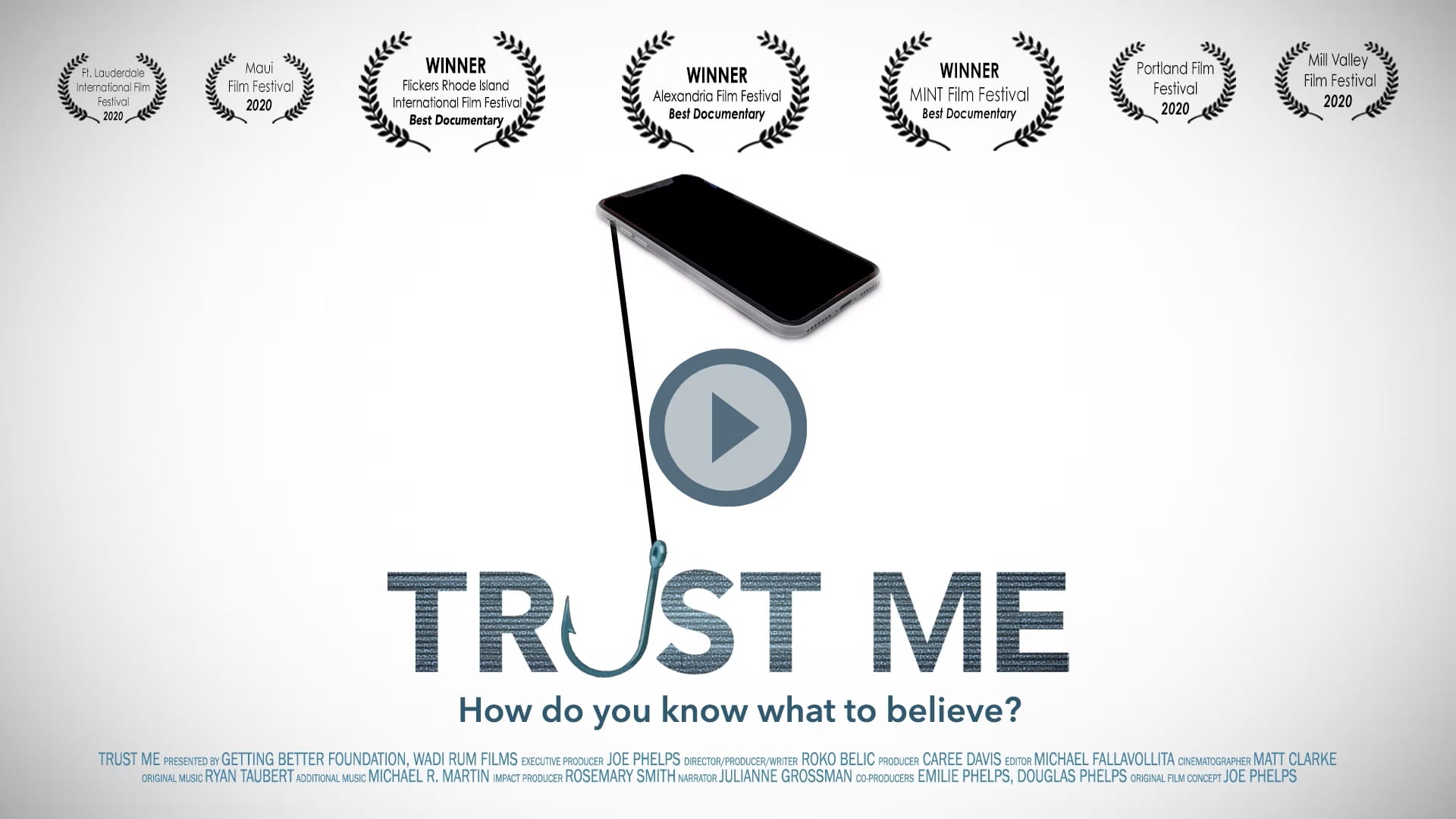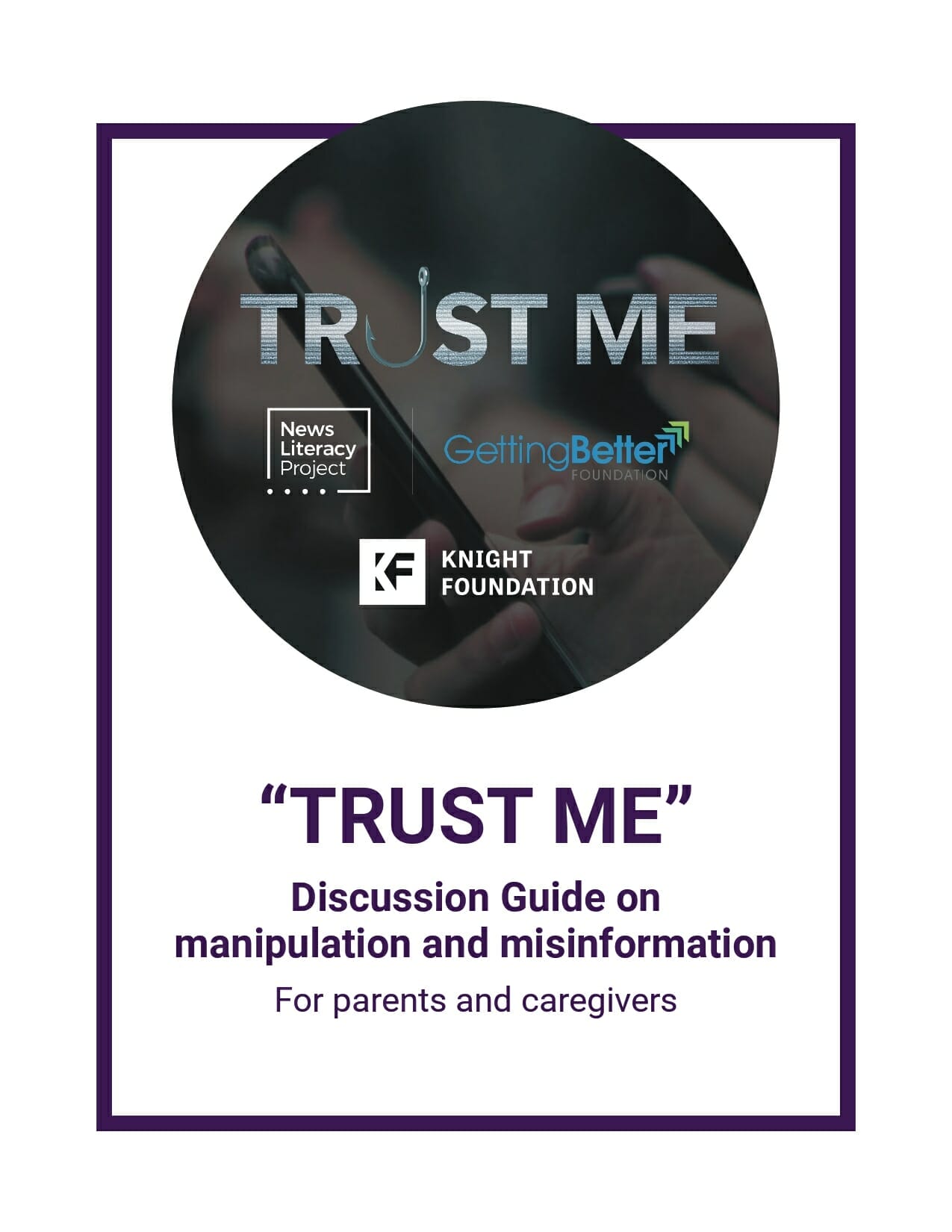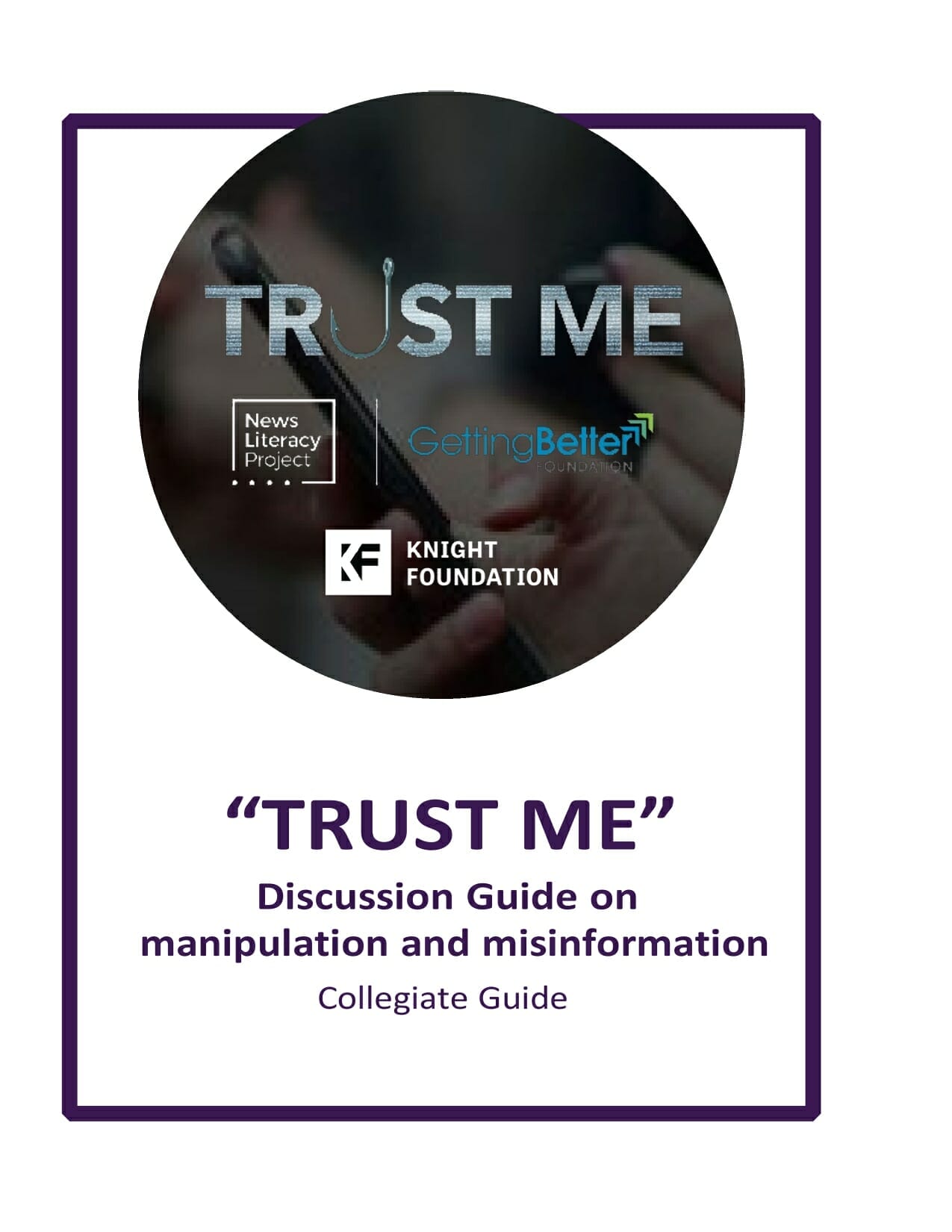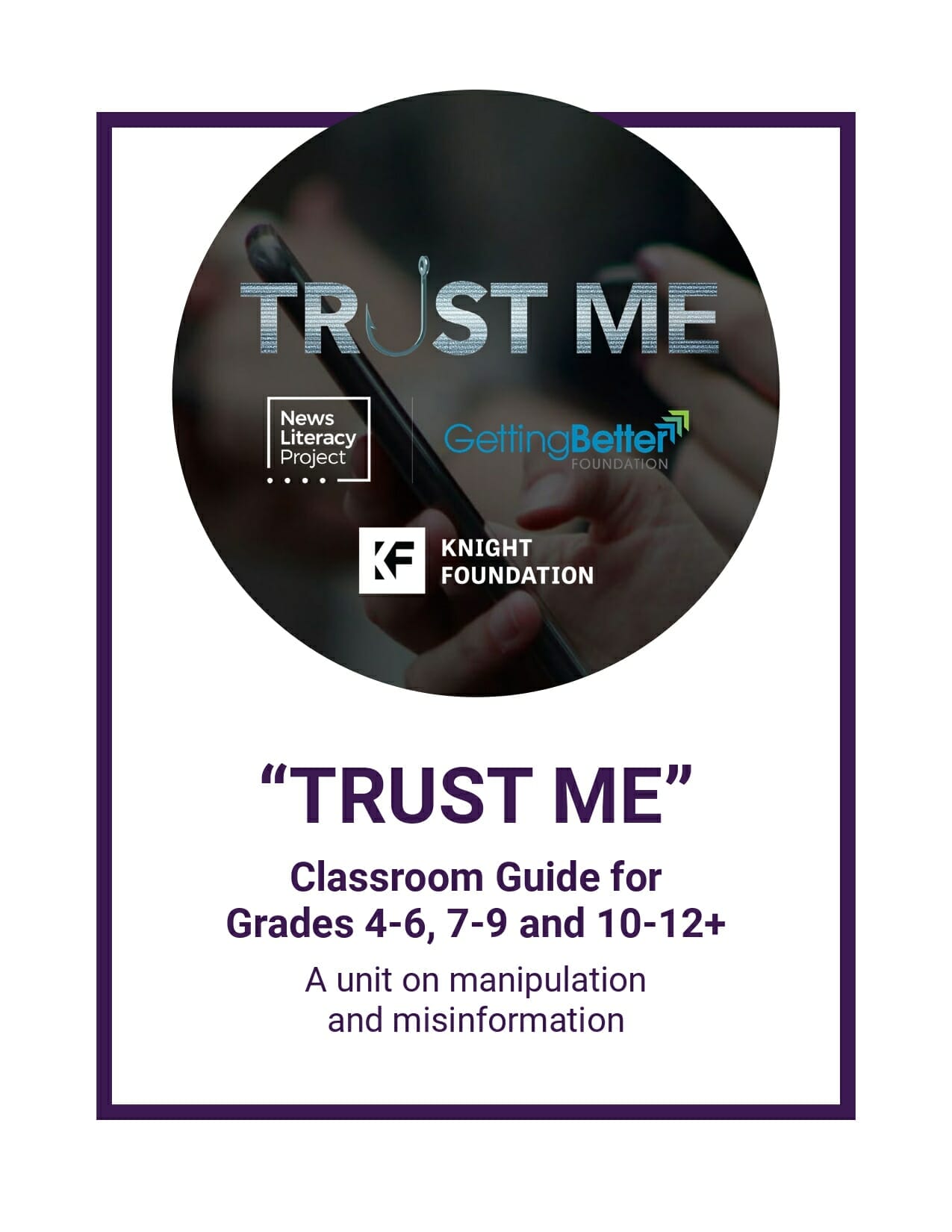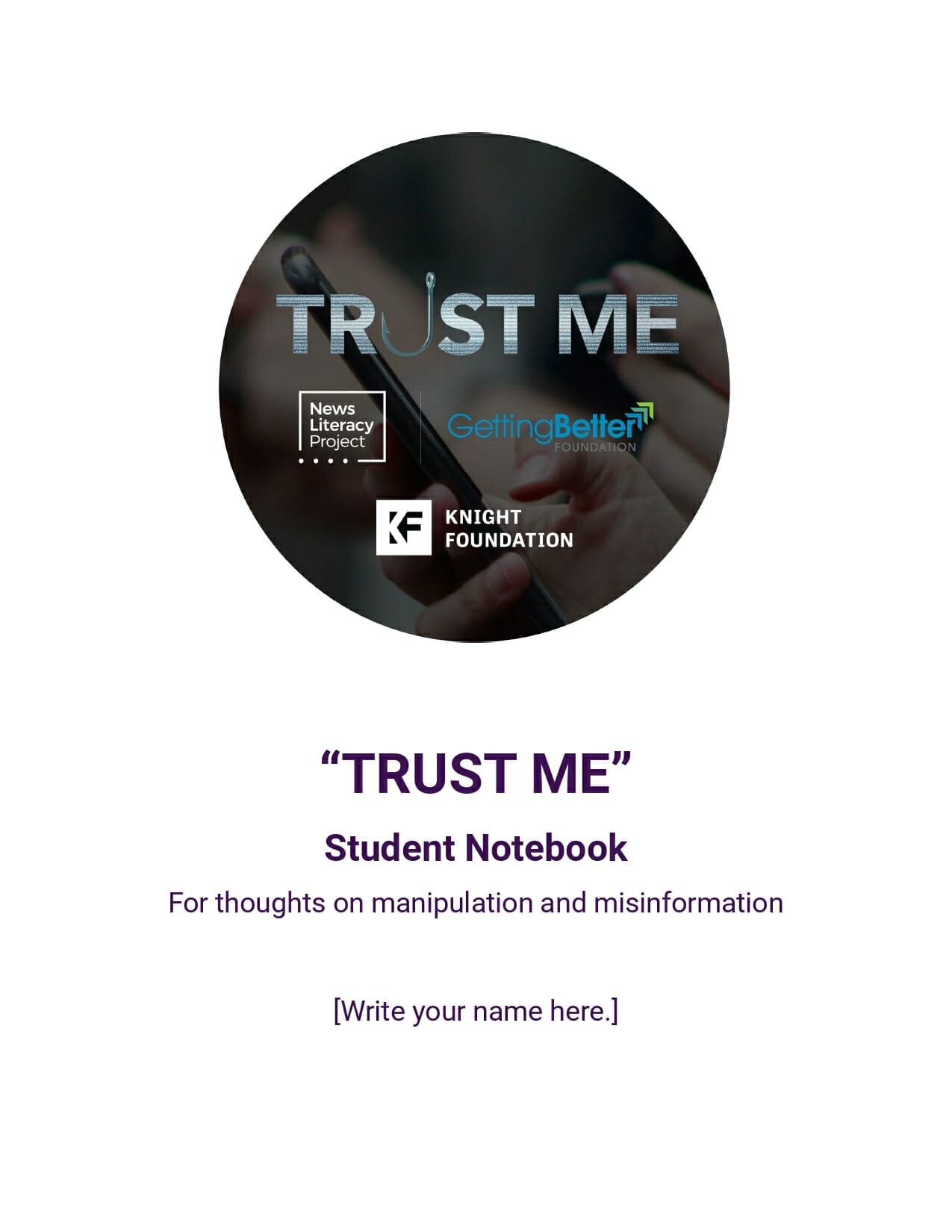
Russian Trolls/ISIS
Meddling from foreign governments polarizes communities
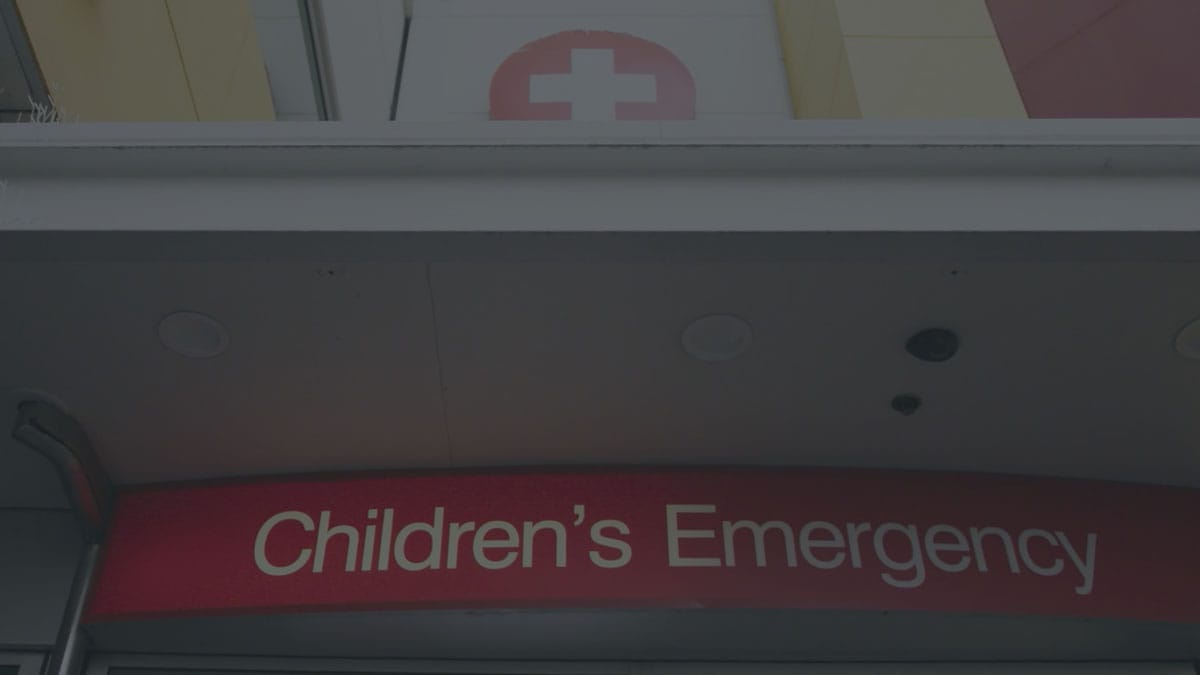
New Zealand
Misinformation about vaccines leads to a near-death experience
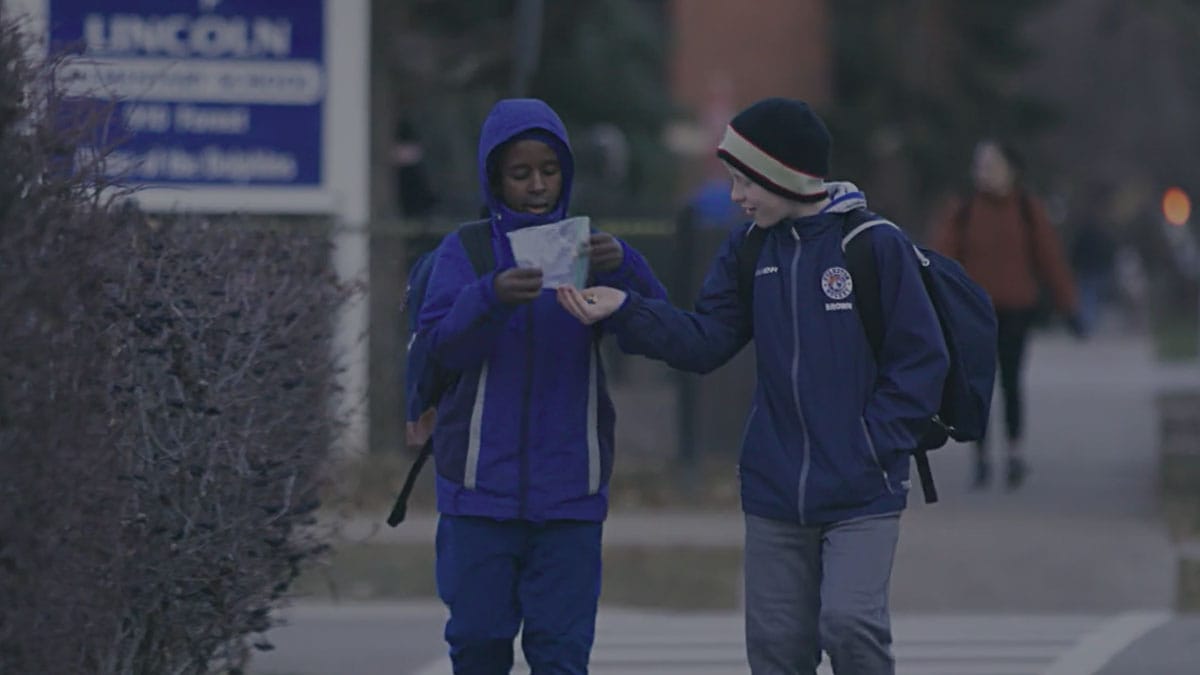
Chicago, USA
Over-protective parenting robs children of healthy experiences
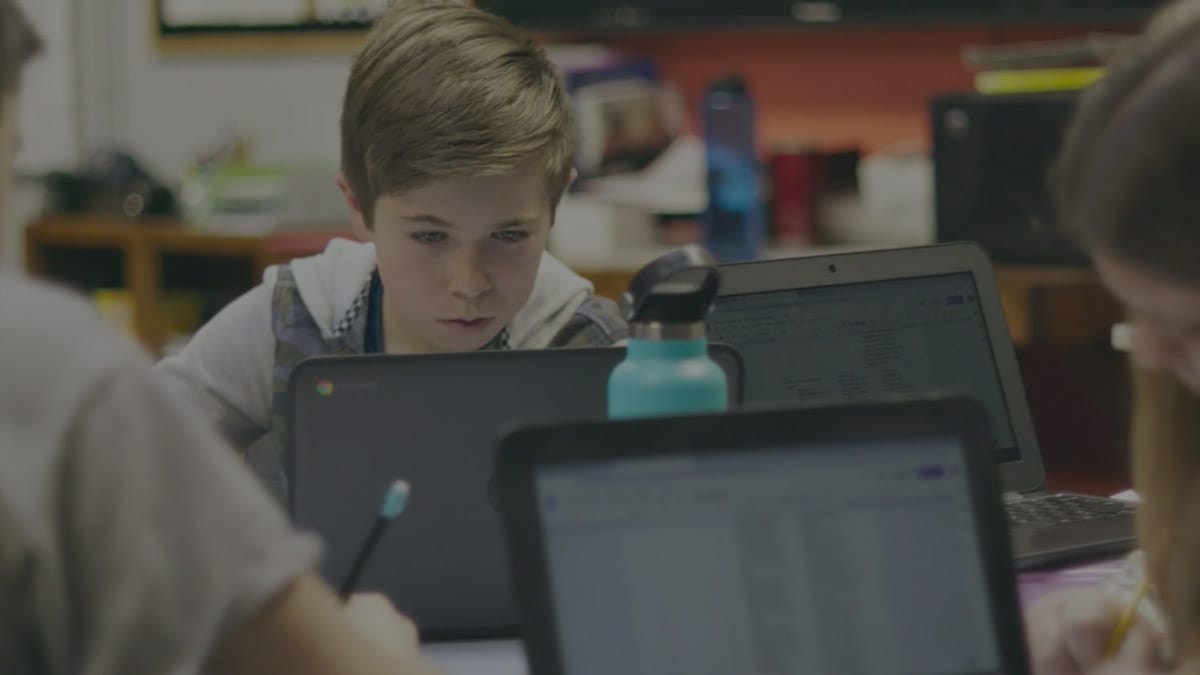
Durango, USA
Screentime vs. mental health in middle school
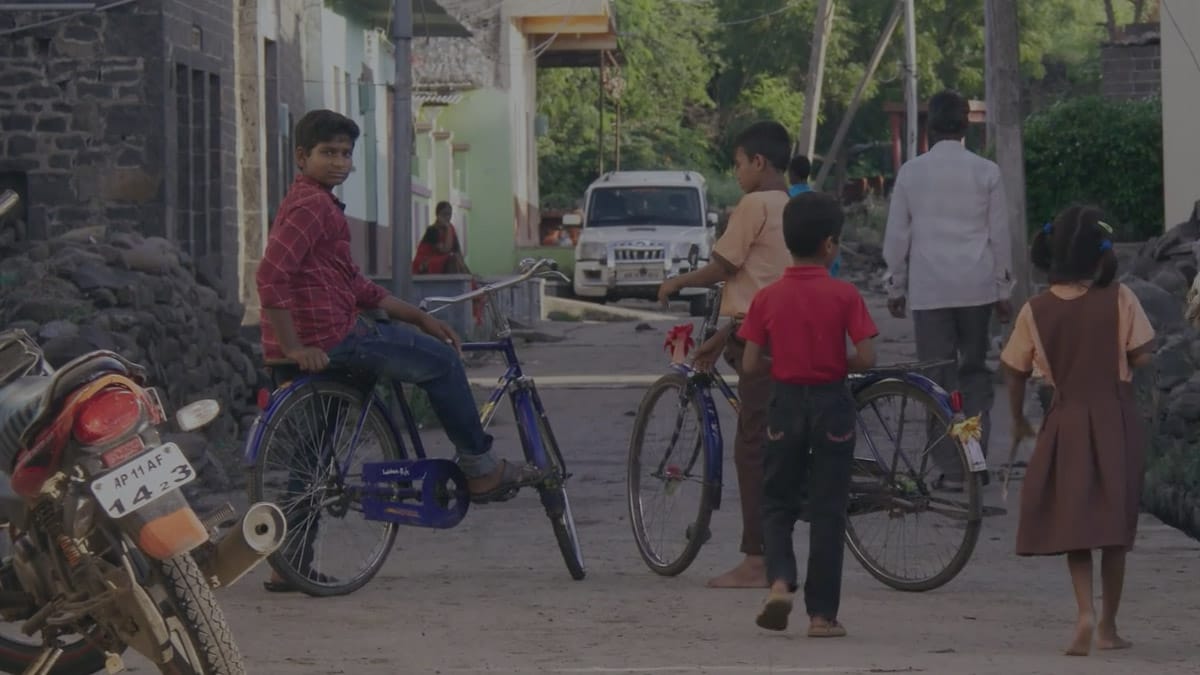
India
Lynching resulting from encrypted WhatsApp
Watch Trailer
At-Home Streaming on Vimeo: $6.50
(To purchase Trust Me on DVD, write to: info@gettingbetterfoundation.org)
Host a Screening
Sign-up to host a screening and become the event promoter by submitting this form. You can also request to host a screening by calling or emailing us.
- To encourage screenings and discussions, your organization will receive 50% of ticket revenue from your screening!
- We will provide PDFs of posters, invitations, email and social media templates to help you build an audience for your screening.
- We have partnered with Eventbrite to make hosting your screening as easy as possible.
Q&A WITH FILMMAKERS
Contact us for details about In-person or Online Q&A’s with the Filmmakers.
EMAIL US
info@gettingbetterfoundation.org
CALL US
+1-989-370-2777
SCREENING REQUEST
Reviews
by Joe Phelps
CEO, Getting Better Foundation
Netflix’s social media documentary, “The Social Dilemma“, exposed the motivations and technologies of social media platforms as well as the algorithms that drive them.
What it doesn’t explain however, is the complex challenge that lack of media literacy presents.
The U.S. State Department has recognized the importance of media literacy, as they premiered our film, “Trust Me” at their annual conference.
“Trust Me” portrays real-life consequences to our lack of media literacy. Our hyper-attentiveness to threats and violence, our tendency to remember and talk about negative news more than positive news and our strong inclination to find and believe information that confirms our existing beliefs and values are exploited by all forms of media – not just social media. To many of us do not realize this.
Repercussions of social media usage are actually symptoms of the basic problem – most people do not know how to properly source and analyze media – whether it is broadcast, cable, print or internet related.
Some government regulation is necessary that’s related to dis- and mal-information and Section 230 — which prevents platforms from being held responsible for content. But due to America’s penchant for freedom of expression, the solution lies far more with education.
First, we need to understand our biases as humans:
Vigilance:
For hundreds of thousands of years, humanity has been conditioned to be extremely vigilant in order to exist in a much more violent world than we’re living in now. And the media knows how to capitalize on that vigilance. (Overall, crime and war casualties are basically at the lowest per-capita rate in history.)
Negativity Biases
This vigilance works together with our negativity biases – which spur us to react more strongly to negative stimuli. Broadcast, print, and before that, word-of-mouth, proved that bad news travels much faster and further than good news. It attracts more eyeballs –which generates more revenue — and that is why the news is 90% negative. Its content is not a balanced reflection of the world we live in.
Confirmation Biases
Confirmation biases are nature’s way of fortifying our tribal senses. They influence us to accept information that agrees with what we currently believe and reject other beliefs. This bias has driven the political polarization of our country.
Moreover, media is driven by the profit motive and desire to be first for the “scoop”.
This too often damages the accuracy of the coverage. Publishers can choose to generate profit by providing well-researched content that people are willing to pay for. Others are short-term profit seekers who prey on our biases.
Reliable data shows that, due to advances in modern conveniences and healthcare –and reduction in crime and participation in wars — there has never been a safer or more comfortable, time to live. “Trust Me” covers this side of the story. Its message provides tools that teach us how to be more resilient and mentally healthy.
Because most people do not know how to properly consume media, research from PEW shows people are losing trust in one another and institutions. This, in turn, causes depression and feelings of hopelessness. “Trust Me” offers solutions to many of these issues. The film gives reason to believe that, yes, the world is becoming a better place. The trendlines show human behavior as evolving in a positive direction, while the headlines lead us to believe otherwise.
Roko Belic, the film’s Oscar-nominated director, and veteran production team, traveled to India, New Zealand and the U.S. extensively, to capture compelling stories that show how media ill-literacy has damaged or destroyed people’s lives. Commentary from world-renowned experts in psychology, education and journalism support these stories with insight and empirical data.
“Trust Me” may be for the awareness of media literacy what “An Inconvenient Truth” was for raising awareness of climate change.

